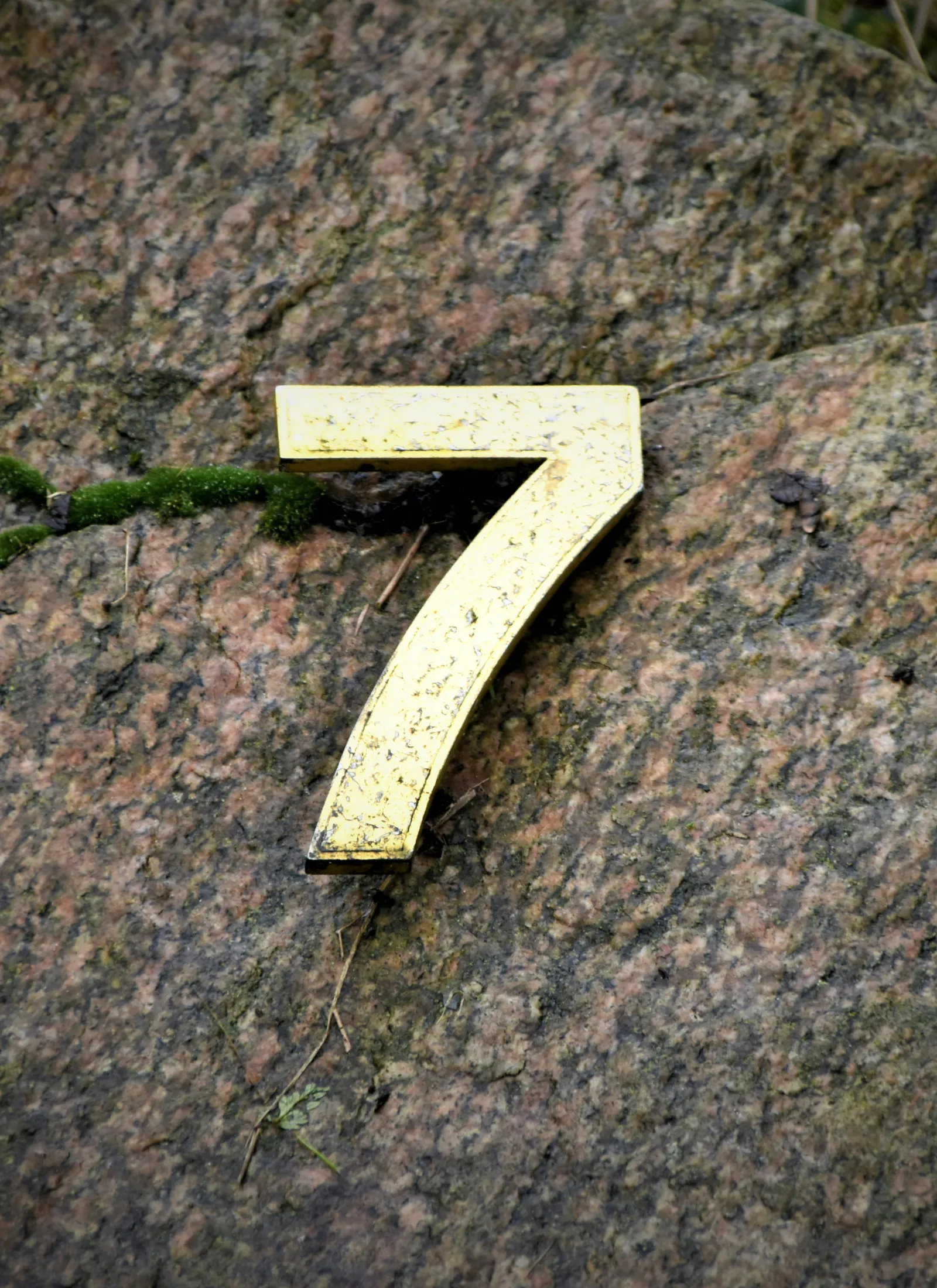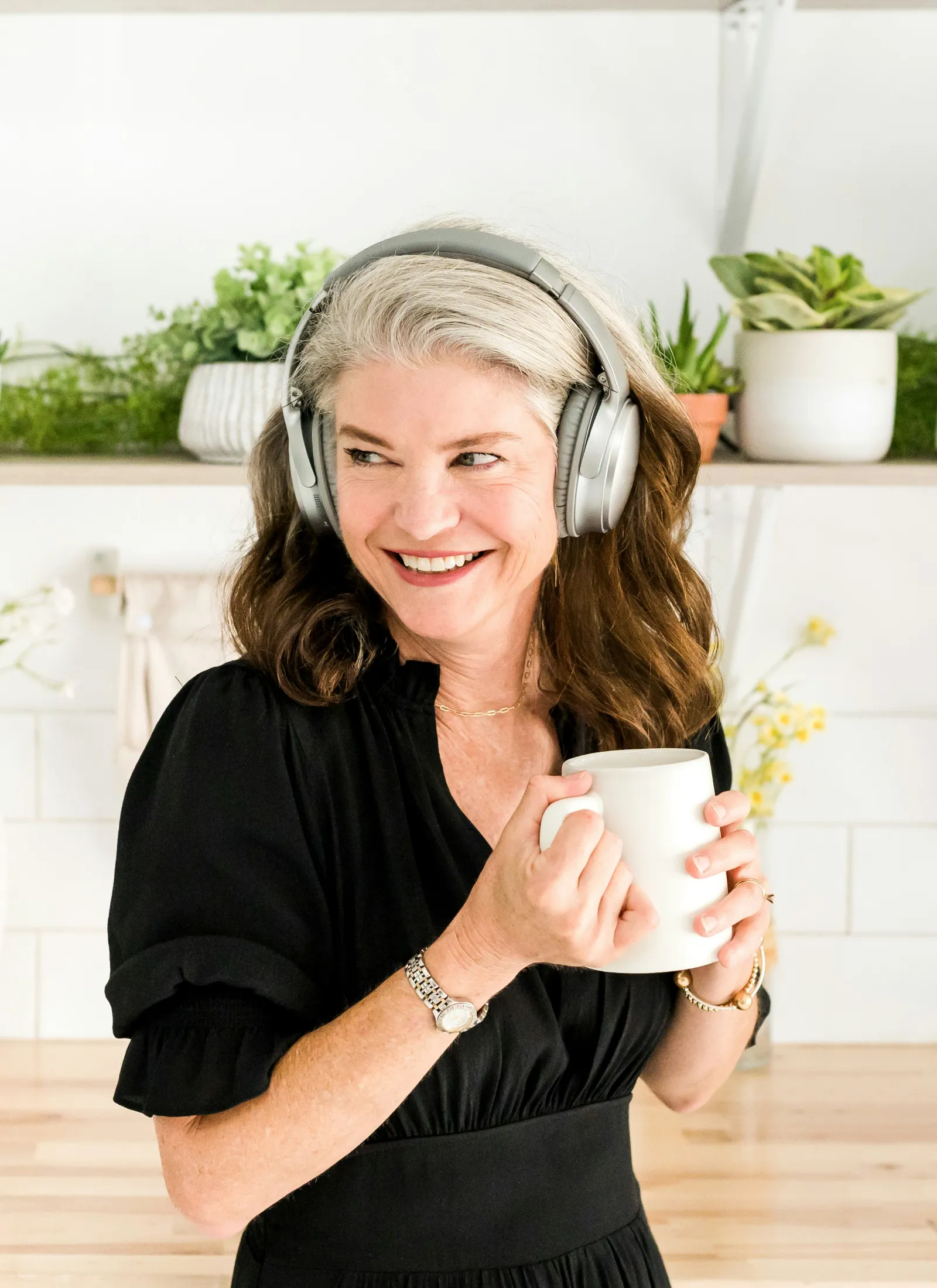
The Day I Stopped Hiding.
Picture this: You're ten months sober, feeling stronger than you have in years, but there's still this nagging voice telling you to keep quiet about it. That's exactly where I was when I found myself holding one end of a recovery banner, about to march through the center of a busy city.
I was terrified.
The Secret I Was Tired of Keeping
For most of my drinking years - and honestly, even in early sobriety - I treated my addiction like a dirty secret. Here I was: educated, successful, running an agency. How could someone like me not control their drinking? The shame was overwhelming.
I'd built an entire system around hiding my problem. Strategic sick days to cover hangovers, carefully managing social situations, an endless stream of lies and half-truths.
Even after getting sober, I thought recovery was something you did quietly. Fix yourself, then rejoin society like nothing happened. The idea of making my recovery public felt like career suicide.
Sound familiar?
The March That Changed Everything
It was Recovery Week, and Forward Leeds (the community that saved my life) was joining hundreds of recovery groups for a march through Shrewsbury. The message was simple: people in recovery aren't hiding in basements—we're here, we're healing, and we're not ashamed.
Except I was ashamed. Deeply ashamed.
That morning, I almost backed out three times. Standing in front of my mirror, I wondered: What if someone from work sees me? What if a client recognises me? What if someone takes a photo?
But I was tired. Tired of carrying secrets. Tired of shame. So I went.
What I Discovered Will Surprise You
When I arrived, I couldn't believe what I saw. Hundreds - maybe thousands - of people with banners and signs from recovery organisations across the UK. These weren't the "rock bottom" stereotypes I'd imagined. They were teachers and nurses, grandmothers and teenagers, business owners and artists, people who looked like... everyone else.
And they looked proud.
That's when it hit me: I wasn't uniquely broken. I wasn't the only successful person who'd struggled with alcohol. I was part of a community so vast and diverse that my shame suddenly seemed... pointless.
The Walk That Set Me Free
As we walked through the heart of the city - past pubs, past off-licenses, past professional buildings - something extraordinary happened. With each step, years of carefully constructed shame literally fell away.
The public response was overwhelmingly positive. People stopped to cheer, they took celebratory photos, they called out encouragement.
Instead of judgment, we received recognition. Instead of stigma, we experienced solidarity.
But the most powerful realisation? This wasn't a march of broken people seeking acceptance. This was a march of healing people offering hope.
Why This Matters for Your Journey
That march taught me something crucial: shame isn't cured by hiding it better - it's cured by refusing to hide it at all.
Private recovery is only half the equation. When we make our healing visible, we create permission for others to begin their own journey, show that recovery is something to be proud of, and prove that sobriety isn't a consolation prize - it's a conscious choice.
Your Version of "Going Public"
You don't need to carry a banner through city streets (though you're welcome to!). But you do need to find your version of stepping out of the shadows. Maybe it's posting about your sobriety journey on social media, having honest conversations with family who've watched you struggle, simply saying "I don't drink" without elaborate explanations, or joining a recovery community like ours.
The Truth About Shame vs. Pride
Here's what I wish someone had told me earlier: Your recovery isn't a mark of weakness—it's evidence of incredible strength.
Every person who saw that march received a powerful message. Recovery is possible, sobriety is something to celebrate, and you don't have to face this alone.
Ready to Stop Hiding?
If you're reading this while struggling in the shadows, wondering if change is possible, I want you to know: your healing doesn't have to happen in hiding.
Your story isn't something to overcome - it's something to offer. When you stop hiding your journey, you give others permission to believe that recovery is possible for someone like them.
The question is: Are you ready to stop watching from the sidelines and join the community of people who've chosen healing over hiding?
Take the First Step: Recovery happens best in community, not isolation. If you're tired of carrying this secret alone, let's talk about how Phenomenal can help you move from shame to celebration, from hiding to healing.










